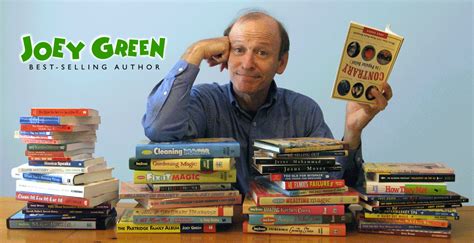A Quote by Paul Rudnick
There is only one blasphemy, and that is the refusal to experience joy.
Quote Topics
Related Quotes
... what the artist or creative scientist feels is not anxiety or fear; it is joy. I use the word in contrast to happiness or pleasure. The artist, at the moment of creating, does not experience gratification or satisfaction... Rather, it is joy, joy defined as the emotion that goes with heightened consciousness, the mood that accompanies the experience of actualizing one's own potentialities.
Sorrow is so woven through us, so much a part of our souls, or at least any understanding of our souls that we are able to attain, that every experience is dyed with its color. This is why, even in moments of joy, part of that joy is the seams of ore that are our sorrow. They burn darkly and beautifully in the midst of joy, and they make joy the complete experience that it is. But they still burn.
The way to live in the present is to remember that "This too shall pass." When you experience joy, remembering that "This too shall pass" helps you savor the here and now. When you experience pain and sorrow, remembering that "This too shall pass" reminds you that grief, like joy, is only temporary.
Our greatest hope is for the experience of joy, and often we are not as smart as we think we are when it comes to predicting what would bring us that joy. . . Hope that is attached to a particular outcome is looking for pleasure but fishing for pain, because attachment itself is a source of pain. It is best to hope for an experience of life in all its fullness-a life that can embrace both joy and sorrow, and will still be at peace.
Right here in our bodies, in our defense of our right to experience joy, in the refusal to abandon the place where we have been most completely invaded & colonized, in our determination to make the bombed & defoliated lands flower again and bear fruit, here where we have been most shamed is one of the most radical & sacred places from which to transform the world.






































